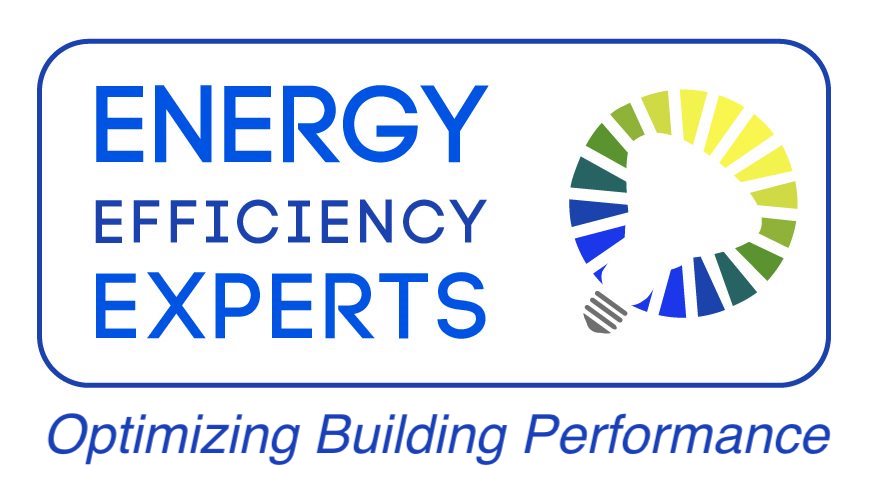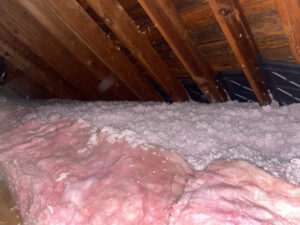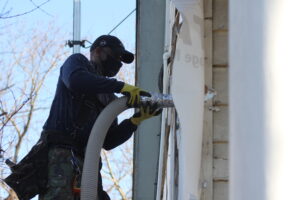
If replacing your fridge isn’t something you’re in the market for right now, don’t worry! There are a few tips and tricks you can do in order to make your fridge more energy efficient.
Check the Temperature – Your fridge should be between 35 and 38 degrees, with your freezer anywhere from 5 to 0. According to Edison International, keeping your fridge 10 degrees cooler than it needs to be can increase your electric usage by 25 percent!
Clean the Coils – The condenser coils of your fridge need to be cleaned at least once a year. With the unit unplugged, carefully brush or vacuum the coils. This could improve your refrigerator’s efficiency by 30 percent.
Don’t Forget to Defrost – Refrigerators that do not have an automatic defrost setting typically use less energy than other refrigerators, but they must be manually defrosted to maintain efficiency. It is good practice to manually defrost whenever ice becomes 1/4 inch thick.
Regulate Room Temperature – Refrigerators can use 2.5 percent more energy for each 1 degree over normal ambient room temperature (70 degrees). This means your refrigerator could use 22 to 25 percent more energy in an 80-degree room, and 45 to 50 percent more in a 90 degree room. Your refrigerator may also use more energy if it is near an oven or dishwasher. On the other hand, if the air temperature of the room falls below 40 degrees, the thermostat may not run its cooling and defrost cycles appropriately.
Sweat & Save – Refrigerators not only work to cool your food, but they also heat the area around the door seal to prevent condensation — the anti-sweat feature. This requires 5 to 10 percent more energy use. Check to see if your refrigerator has a power-saving switch that limits the amount of time the anti-sweat feature is enabled. Turn off the anti-sweat function when it is not needed.
Make Room – Make sure there are a few inches of space between your refrigerator and the wall to maintain good air circulation. This will help your refrigerator run more efficiently.
Test the Seals – Your refrigerator could be wasting a huge amount of energy if the seals are worn or loose. To check this, close a dollar bill between the door seal and the door. Repeat at different locations along the door edge. If your dollar bill moves easily, your seals are likely not tight enough and you should consider replacing them.
Practice Smart Habits – Not only will these tips give your refrigerator a rest, but they will help you break the cycle of forgotten, spoiled leftovers.
- Open your refrigerator less frequently
- Let hot foods cool before moving them to the refrigerator
- Cover foods
- Label leftovers
- Keep your freezer full
Keep Your Appliance Comfortable – When leaving your home for an extended period of time in the summer, set your thermostat to a high temperature (the EPA recommends 85 degrees), but not off. Your refrigerator works much harder in a room with a high ambient air temperature.
By implementing these tips and tricks, we hope that you are able to achieve a higher efficiency of your fridge. It’s an appliance that is constantly running, so it’s a good idea to make sure that you are running it wisely!





